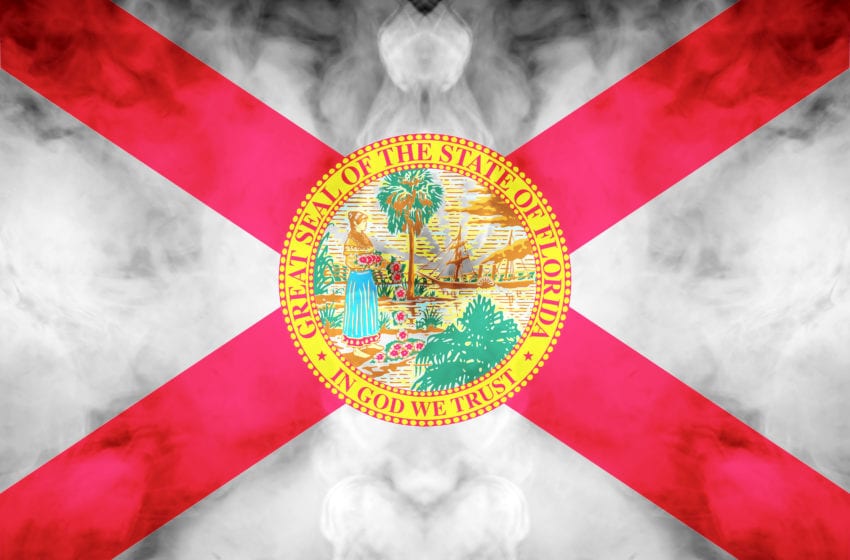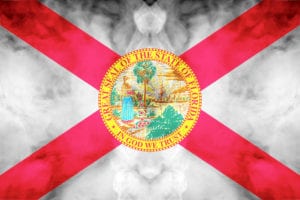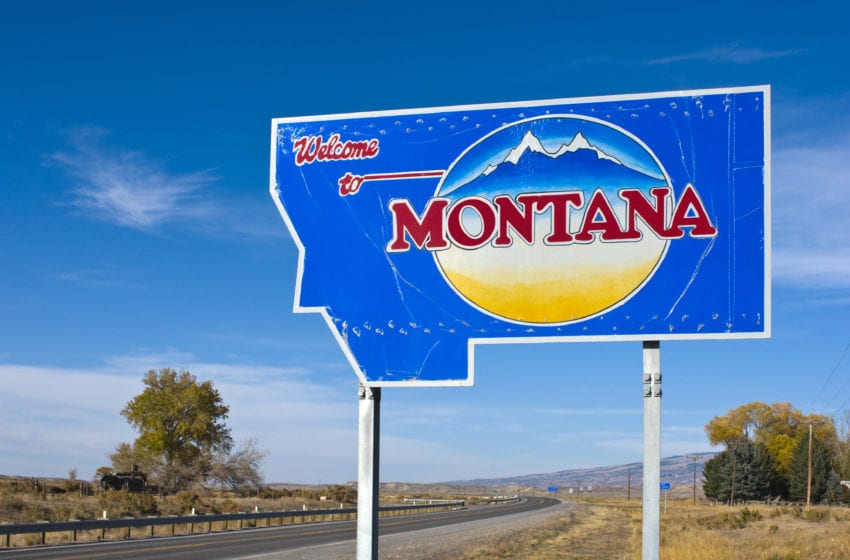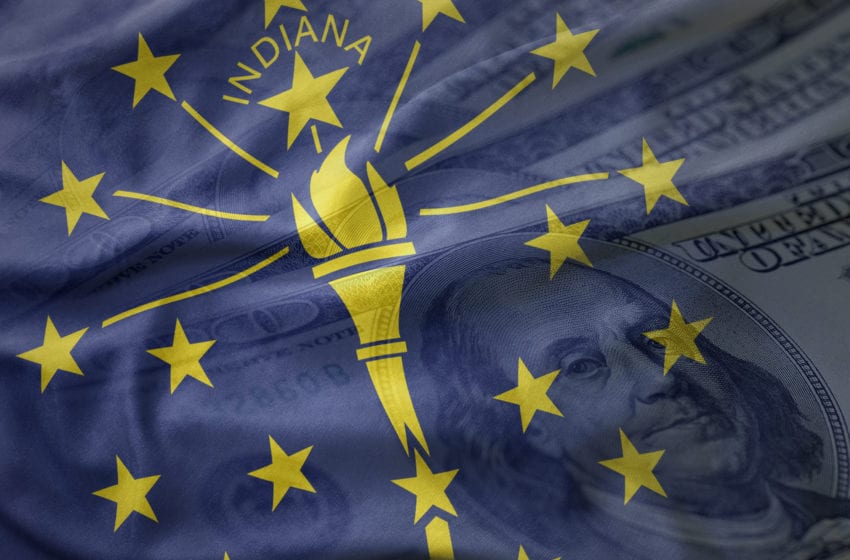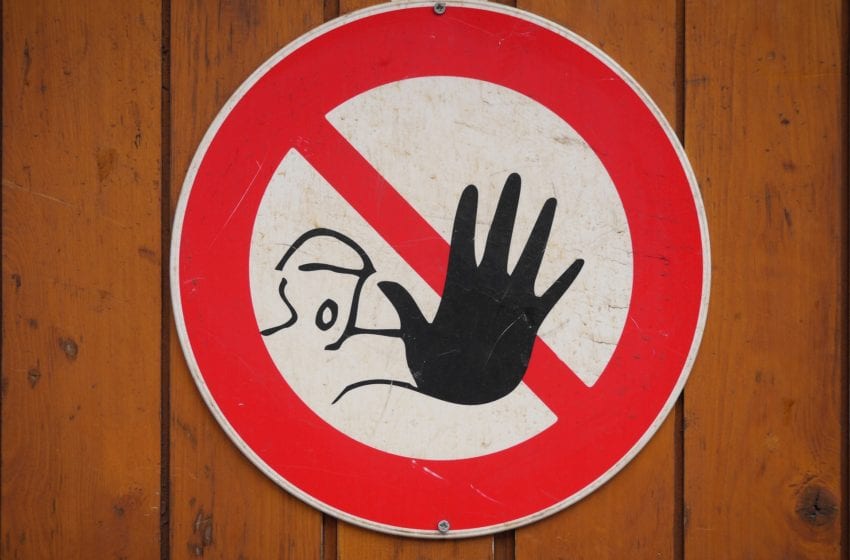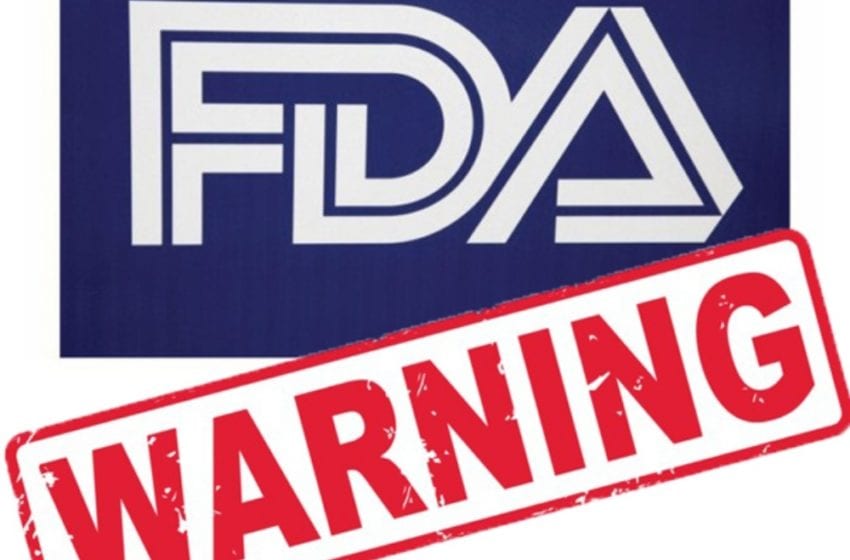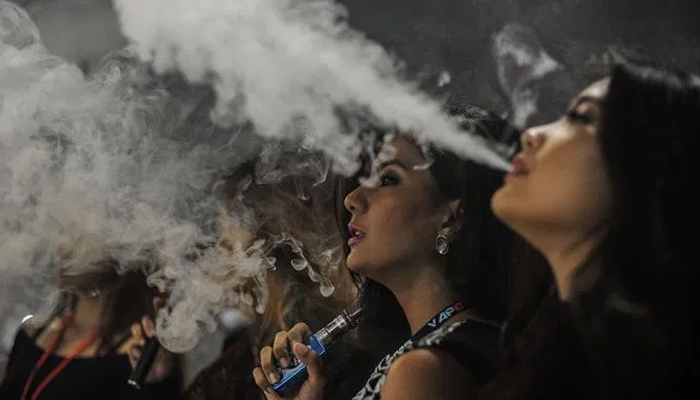A New Zealand vaping advocacy group says that the government spending over $1.6 million on its Vape to QuitStrong campaign is proof New Zealand’s leaders believe vaping is the most effective smoking cessation tool. “It’s now urgent that belief is also reflected in the country’s final vaping regulations and smokefree action plan, says a leading tobacco harm reduction advocate,” the Aotearoa Vapers Community Advocacy (AVCA) states in a release. “Official information released shows the Ministry of Health has funded a budget of $1,670,000 for the Vape to QuitStrong campaign between the 2019/2020 and 2021/2022 financial years.”

The total budget for the campaign includes strategy development, creative development, media placement, agency fees, and an allowance for operational costs. “After some delays while last year’s vaping legislation was passed, it’s great the Vape to QuitStrong campaign was launched a few weeks ago. It has made a good splash on the likes of primetime television and radio, with poster and bus shelter campaigns in communities with a high smoking prevalence,” says Nancy Loucas, co-director of AVCA.
Available on its website, the Ministry’s business case for the current campaign puts a strong focus on young Māori women who remain disproportionately represented in New Zealand’s smoking rates. “The Ministry of Health makes it very clear that vaping products can make a real contribution to the Smokefree 2025 goal as well as disrupt significant inequities. Subsequently, the Ministry confirms that Vape to QuitStrong centres on a behavioural change campaign that will support young Māori women to successfully switch to vaping,” she says.
As well as supporting smokers to switch to vaping and stop smoking completely, the business case says a successful campaign will be defined by ‘reducing inequalities in smoking prevalence, particularly between Māori and non-Māori… and enable health practitioners, smokers and the broader community to better understand that vaping is significantly less harmful than smoking.
However, AVCA is concerned that despite over $1.6 million of taxpayers’ money being spent on the Vape to QuitStrong’ campaign, the Government’s latest Smokefree 2025 reboot and its pending vaping regulations will both overlook the key role vaping can play in getting more Kiwis off deadly cigarettes.
“Good on the Ministry of Health and the Health Promotion Agency on its work with Māori to deliver a campaign that they all know will be effective. These same people now just need to feed their extensive knowledge into the Government’s proposals for the Smokefree Aotearoa 2025 Action Plan as well as the final vaping regulations which will be signed off by Cabinet by the end of June. Otherwise, the best opportunities we have to free our at-risk communities from tobacco will be squandered,” says Loucas.
AVCA is encouraging smokefree supporters, as well as vape consumers and businesses, to review and submit on the Government’s smokefree discussion document, released by Associate Health Minister Dr Ayesha Verrall, before 31 May 2021 via: https://www.health.govt.nz/publication/proposals-smokefree-aotearoa-2025-action-plan


